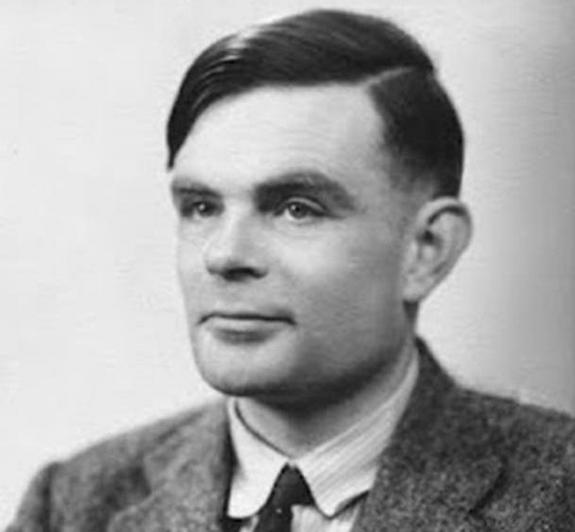Nazi Code Breaker Alan Turing Just Got an Obituary in The New York Times — 65 Years After His Death

Alan Turing (1912-1954), a famous WWII code breaker and pioneering computer scientist who was punished by his country for being gay, has finally received an obituary in The New York Times — 65 years after his death.
The obituary was published Wednesday (June 5) as part of the Times' "Overlooked" series, which provides belated obituaries for historical figures whose deaths initially went unreported in the newspaper.
Today, Turing's signature accomplishments are widely known, thanks in part to the 2014 biopic "The Imitation Game." His legacy includes overseeing the United Kingdon's top-secret efforts to decode messages sent by Nazi Germany's Enigma machine and postwar work on the first functioning British computer. He is most famous, perhaps, for his eponymous "Turing test," a hypothetical evaluation that asked if a computer could pass for a human, which the mathematician proposed in 1950. [Super-Intelligent Machines: 7 Robotic Futures]
At the time of Turing's death on June 7, 1954, however, many of his wartime accomplishments remained classified and his successes in thwarting Nazi battle plans remained unknown. His reputation was further smeared in 1952 when, following a burglary at his home, Turing revealed he had been in a physical relationship with another man. Turing was charged under Victorian-Era laws with "gross indecency" for his open homosexuality and sentenced to take estrogen pills to reduce his sex drive (an approach also known as "chemical castration").
These events overshadowed Turing's reputation for the remainder of his life (he died of poisoning in an alleged suicide) and for many decades after his death. Only in 2009 did the British government apologize for the way it had treated Turing, and in 2013, he was finally granted a royal pardon by Queen Elizabeth II. According to the Times, Britain took the first steps toward decriminalizing homosexuality in 1967. For the remainder of June this year, the "Overlooked" series will add stories of significant LGBTQ figures.
- 7 Technologies That Transformed Warfare
- History of Computers: A Brief Timeline of Their Evolution
- A Brief History of Artificial Intelligence
Originally published on Live Science.
Get the world’s most fascinating discoveries delivered straight to your inbox.

Brandon is the space / physics editor at Live Science. With more than 20 years of editorial experience, his writing has appeared in The Washington Post, Reader's Digest, CBS.com, the Richard Dawkins Foundation website and other outlets. He holds a bachelor's degree in creative writing from the University of Arizona, with minors in journalism and media arts. His interests include black holes, asteroids and comets, and the search for extraterrestrial life.
 Live Science Plus
Live Science Plus





